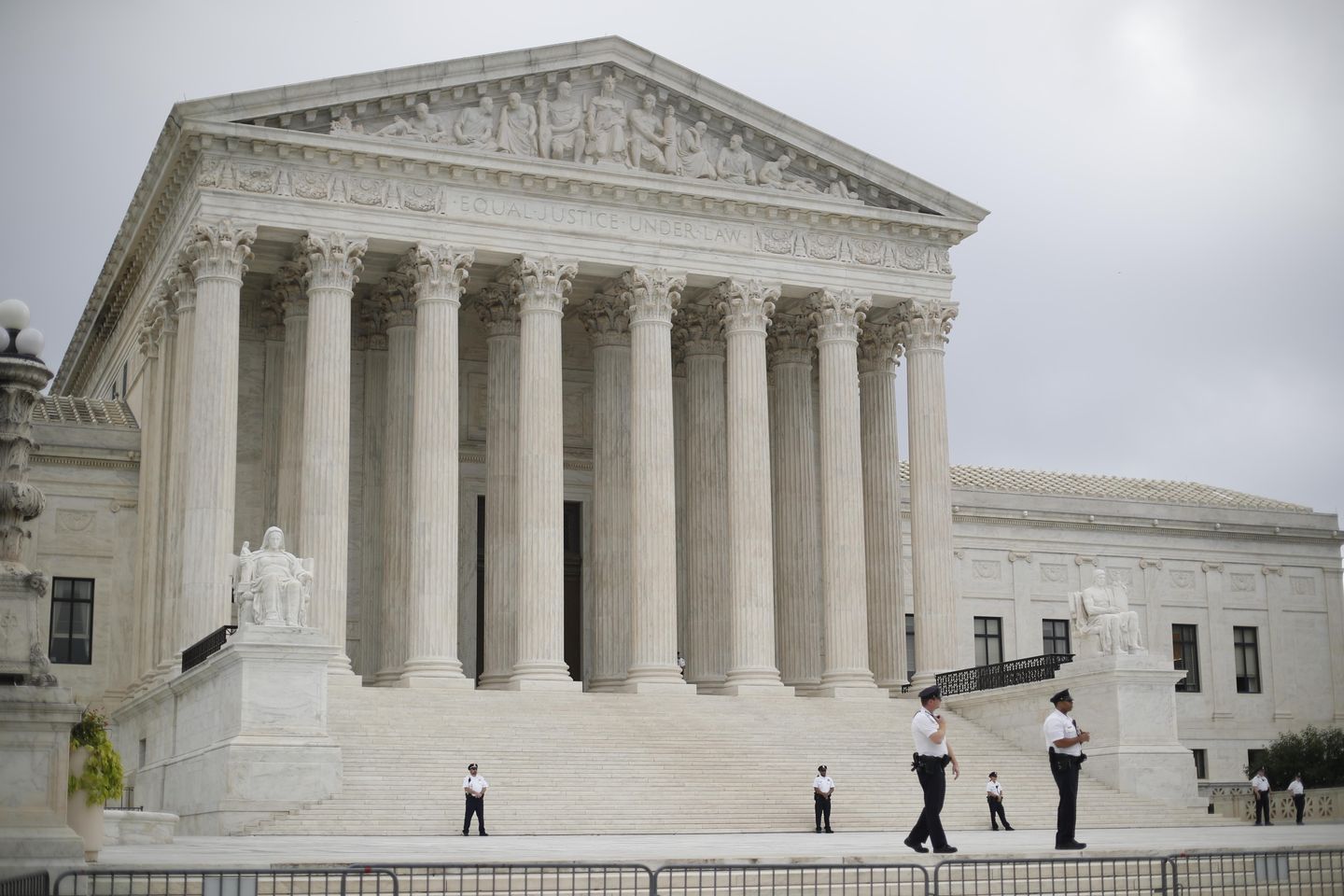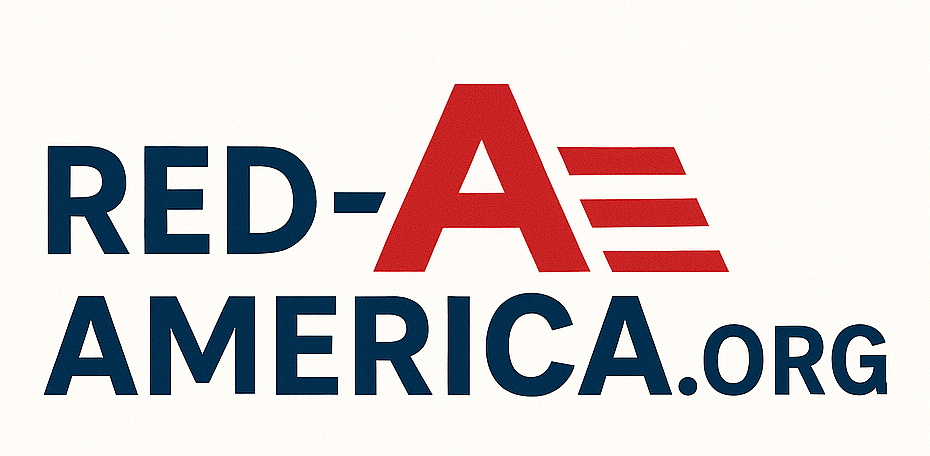
Justice Elena Kagan has complained about the Supreme Court’s issuance of emergency orders on the court’s so-called shadow docket, which does not require full briefings or oral arguments. Here’s what you need to know about the Supreme Court shadow docket criticism:
Kagan’s judicial conference remarks
Obama appointee emphasizes need for court explanations:
- Justice Kagan spoke to Ninth Circuit Judicial Conference in California on Thursday
- Said “need to explain things” is “most important” issue for high court
- “What we started doing when we started doing these things is just issuing orders”
- “That’s not the right way to approach it” according to Kagan
The shadow docket process
Emergency orders lack full briefings and explanations:
- Shadow docket does not require full briefings or oral arguments
- Justices take up expedited request and decide to uphold or block lower court ruling
- Most orders are brief and do not explain why justices issued them
- Process does not hold hearing before deciding
The Education Department example
Kagan cites specific case without explanation:
- Court granted administration’s request to pause district court injunction
- Injunction was against Trump’s move to dismantle Department of Education
- Emergency order issued this month while challenge played out in lower court
- Court’s three Democratic appointees dissented from decision
Sotomayor’s dissent
Fellow Obama appointee objects to Education dismantling:
- “Only Congress has the power to abolish the Department”
- Justice Sonia Sotomayor made statement in dissent
- Sotomayor is Obama appointee like Kagan
- Dissent highlighted constitutional separation of powers
Kagan’s confusion argument
Justice says lack of explanation creates problems:
- Court’s majority did not explain how district court had erred
- Leaves lower courts and public confused about high court’s reasoning
- Key issue involved procedural matters like jurisdiction and legal standing
- Not about legality of dismantling agency itself
The court’s duty to explain
Kagan emphasizes judicial responsibility:
- “A court is supposed to explain things. That’s what courts do”
- “They’re supposed to explain things to litigants”
- “They’re supposed to explain things to the public generally”
- Orders themselves “don’t tell anybody anything about why we’ve done what we’ve done”
Trump administration’s strategy
Republican-led Congress frequently requests emergency orders:
- Congress has frequently sided with Trump administration in requesting emergency orders
- Requests made via shadow docket to conservative-majority court
- Critics complain about administration’s use of emergency appeals
- Strategy used after lower court issues injunction against president’s orders
The statistical comparison
Trump DOJ files more emergency requests than Biden:
- Trump Department of Justice filed 21 emergency requests in past six months
- Biden Justice Department filed total of 19 over four years
- Trump administration has faced more than 300 lawsuits in first six months
- Trump Justice Department has found success with emergency appeal strategy
The shadow docket outcomes
Court has allowed various Trump policies to proceed:
- Justices allowed Trump to remove legal protections for roughly one million illegal immigrants
- Permitted firing of thousands of federal employees
- Allowed removal of transgender military members
- Permitted firing of heads of independent agencies
Read more:
• Justice Elena Kagan complains about Supreme Court’s emergency orders on shadow docket
This article is written with the assistance of generative artificial intelligence based solely on Washington Times original reporting and wire services. For more information, please read our AI policy or contact Ann Wog, Managing Editor for Digital, at awog@washingtontimes.com
The Washington Times AI Ethics Newsroom Committee can be reached at aispotlight@washingtontimes.com.












